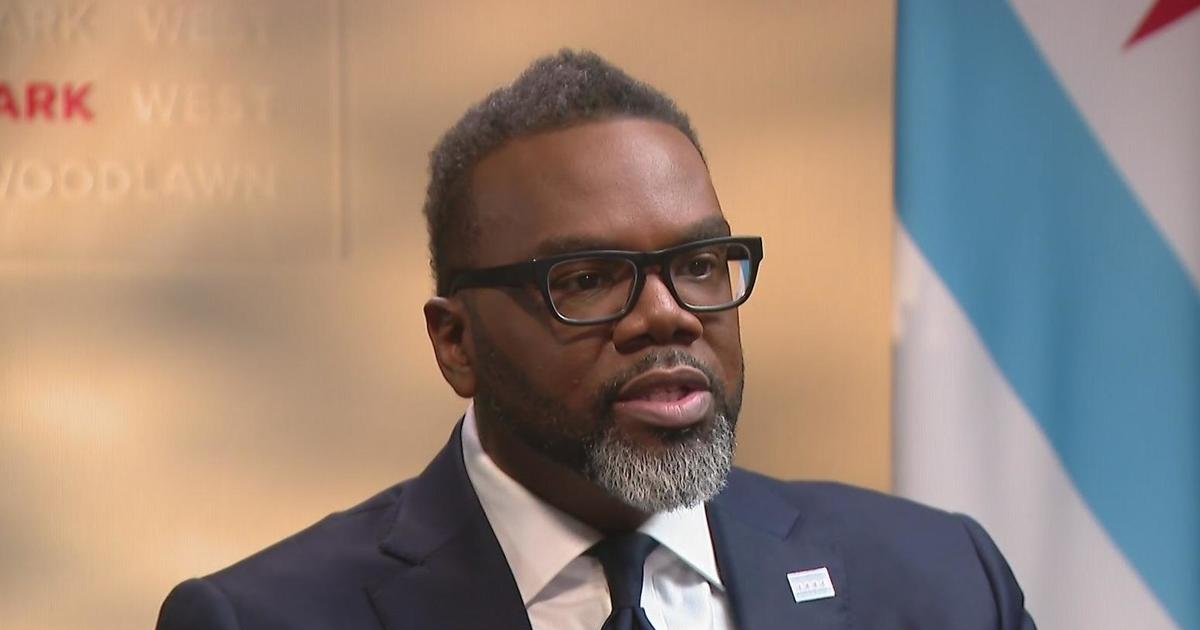House Passes Pared-Down Pension Reform Plan
SPRINGFIELD, Ill. (AP) -- Illinois lawmakers from both parties celebrated a possible breakthrough Thursday in their struggle to solve the multibillion-dollar pension crisis after voting to reduce and delay cost-of-living increases in state employees' retirement pay — a step the House Republican leader heralded as "the meat and potatoes of pension reform."
Although major obstacles remain, the 66-50 vote in the House generated newfound optimism for a deal because of the money the plan would save. Still, the measure's fate remains uncertain in the Senate, which a day earlier rejected a comprehensive package of legislation that includes a similar plan.
The action signaled the third pension measure to win approval within a week in the House, which has been breaking the tangled issue into pieces — rather than attempting a vote on an across-the-board package all at once — to determine which ones have the best chance of being approved.
Even though Thursday's vote was an early step in a much larger push for reform, both Democratic Rep. Elaine Nekritz of Northbrook, the House pension point person, and Republican Leader Tom Cross of Oswego, called it pivotal.
"This was the toughest vote you're going to face on this issue," Cross said. "... The meat and potatoes of pension reform happened today."
The state's five pension systems are a combined $96.7 billion short of what's needed to cover promised retirement benefits to all current and former workers. But lawmakers and Democrat Quinn have wrestled with a solution for more than a year.
Under the plan approved Thursday, retirees would be prevented from taking 3 percent cost-of-living increases until they reach age 67 or five years after retirement. COLAs would apply only to the first $25,000 of an annual pension. Retirees due a pension greater than $25,000 would get a flat $750 increase each year.
Supporters estimate the changes would reduce the unfunded liability by as much as $19 billion. There would be savings of as much as $2 billion more in the other two bills the House approved last week. One would cap the salary on which benefits are based to the limit set for Social Security, currently about $113,000 a year. The other would delay the retirement incrementally, based on workers' ages now. Younger workers would have to retire later.
All three measures are part of larger legislative solutions backed by Cross and Rep. Elaine Nekritz, D-Northbrook — and the one that failed in the Senate Wednesday, sponsored by Sen. Daniel Biss, an Evanston Democrat. The jubilation stems from the fact that together, according to Cross, the approved House measures account for two-thirds of the $30 billion reduction in unfunded liability the Cross-Nekritz proposal aims to eat over the next three decades.
Instead of risking a vote on an umbrella bill, House Speaker Michael Madigan, D-Chicago, has broken the issues down and let the House debate them individually in weekly Thursday sessions devoted to the pension crisis.
"We all recognize the enormity of this problem," Madigan said before Thursday's vote. "The significance of the problem is not the issue. The issue is how do we react to the problem, how do we move legislation that will solve the problem, and do it in such a way that we have a reasonable chance of approval in the Illinois court system."
The weekly debates have shown what parts of reform have necessary support. Madigan said he will bring them back as part of an umbrella approach. But Nekritz would not predict how soon that would happen after lawmakers return in April after a two-week spring break.
"Our process is moving the agenda ahead and we'll stay on our process as we so often do in the house and then reconcile things with the Senate later," Nekritz said.
The Senate remains a question mark. The chamber, controlled by Democrats, rejected the Biss plan — identical to the across-the-board Cross-Nekritz proposal — a day earlier. In addition to the parts that have won House approval, it would have required employees to contribute an extra 2 percent of their salaries toward their retirement; devote $1 billion each year to pension payments beginning in 2020, when pension loans are paid off; and guarantee the state will make its annual required contribution.
Instead, the Senate approved its own attempt at taking on the monstrous problem one step at a time, approving a proposal by Senate President John Cullerton, a Chicago Democrat, which affects only the largest of the five pension systems, the Teachers' Retirement System. It offers retirees a choice of post-career health coverage or COLAs, which Cullerton insists is the only way to fix the pension problem without running into constitutional prohibitions against reducing promised benefits.
Quinn issued a statement praising both the House action and the vote on Cullerton's bill.
"There's much more work to do," Quinn said, "but I'm pleased to see progress being made."
(TM and © Copyright 2013 The Associated Press. All Rights Reserved. This material may not be published, broadcast, rewritten or redistributed.)



